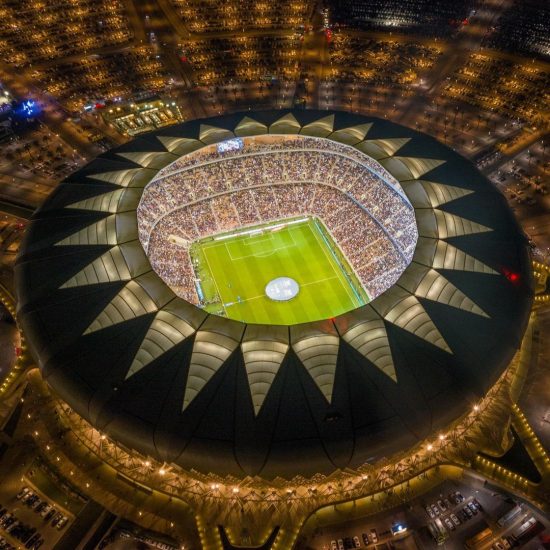
Saudi Arabia to Host the 2034 FIFA World Cup: English-Speaking Experts Analyze the Impact on Soft Power and Sports Branding
In a surprising turn of events, Saudi Arabia has been awarded the opportunity to host the 2034 FIFA World Cup. This decision has sparked a wave of discussions among experts, particularly in the realm of soft power and sports branding. English-speaking experts have come forward to analyze the potential impact of this decision on Saudi Arabia’s global image and its ability to leverage sports as a tool for branding.
Soft power, a term coined by political scientist Joseph Nye, refers to a country’s ability to influence others through non-coercive means such as culture, values, and policies. Hosting a major sporting event like the World Cup provides a unique opportunity for Saudi Arabia to showcase its soft power on a global stage. By successfully organizing and executing the tournament, the country can demonstrate its capabilities in terms of infrastructure, hospitality, and event management.
One aspect that experts are closely examining is how Saudi Arabia will handle the issue of human rights, which has been a subject of international concern. The country has faced criticism for its treatment of women and minorities, and hosting the World Cup will undoubtedly put a spotlight on these issues. English-speaking experts believe that Saudi Arabia must take concrete steps to address these concerns and improve its human rights record in order to avoid tarnishing its image during the tournament.
Sports branding is another crucial aspect that experts are analyzing. The World Cup is not just a sporting event; it is also a platform for countries to promote their national identity and values. Saudi Arabia will have the opportunity to showcase its rich cultural heritage and traditions through various promotional activities during the tournament. English-speaking experts suggest that the country should leverage this opportunity to present a modern and progressive image that aligns with its Vision 2030 plan, which aims to diversify its economy and promote social reforms.
Furthermore, hosting the World Cup can have a significant economic impact on Saudi Arabia. The influx of tourists, media coverage, and investments can boost the country’s economy and create job opportunities. English-speaking experts emphasize the importance of effectively managing these economic benefits to ensure long-term sustainability and development.
However, there are also potential challenges that Saudi Arabia may face in hosting the World Cup. English-speaking experts highlight the need for the country to invest in infrastructure development, including stadiums, transportation systems, and accommodation facilities. Additionally, ensuring the safety and security of players, officials, and spectators will be a top priority.
In conclusion, Saudi Arabia hosting the 2034 FIFA World Cup presents both opportunities and challenges in terms of soft power and sports branding. English-speaking experts stress the importance of addressing human rights concerns, promoting a progressive image, and effectively managing the economic benefits. By successfully navigating these factors, Saudi Arabia has the potential to enhance its global reputation and leave a lasting impact on the world of sports.

